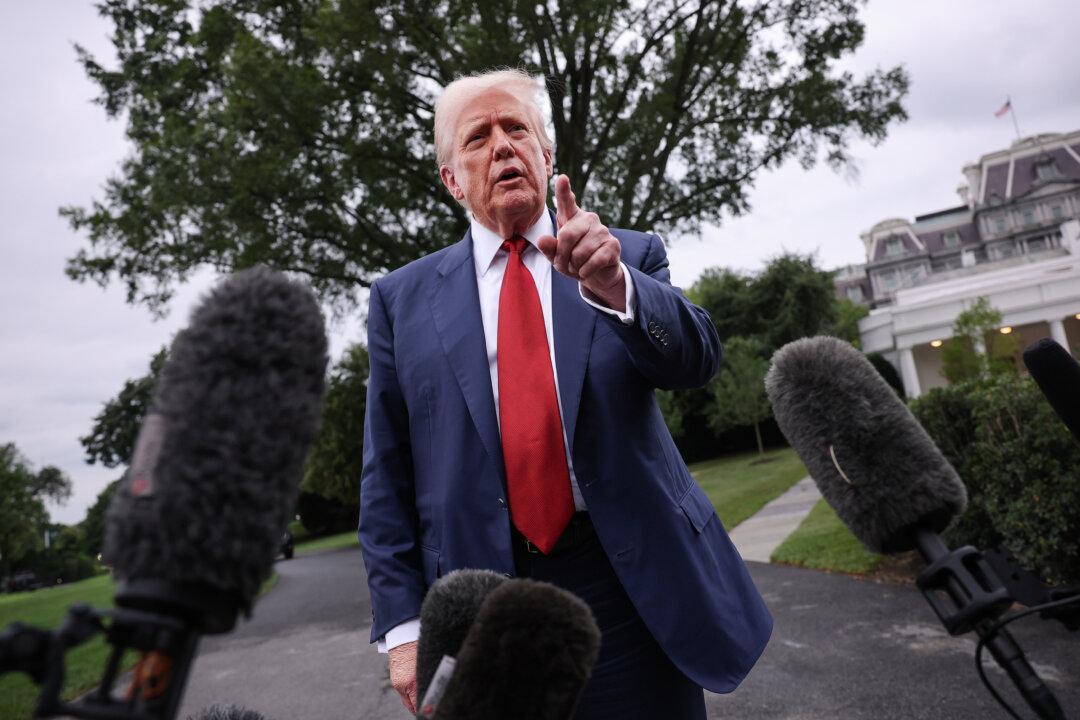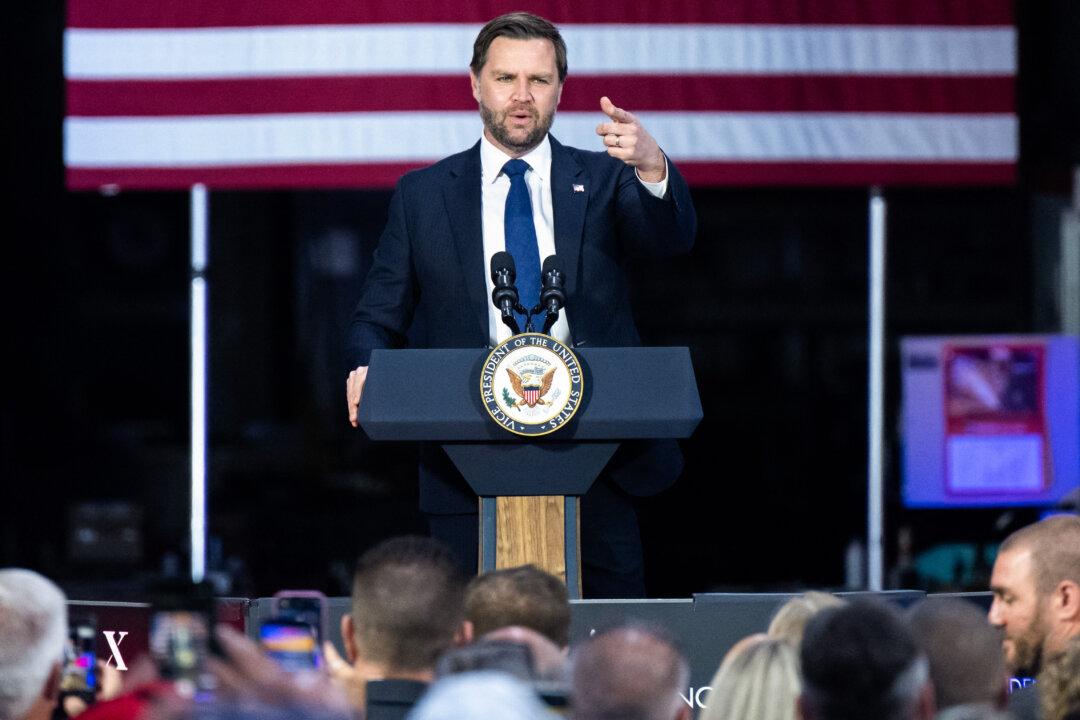CALGARY, Canada—President Donald Trump said on June 16 that throwing Russia out of the group formerly known as the Group of 8 (G8) was a mistake.
His comments came during a bilateral meeting with Canadian Prime Minister Mark Carney at the G7 summit, held in Kananaskis, in the Canadian Rocky Mountains, from June 15 to 17.
Trump said that Russian President Vladimir Putin’s presence in the group could have prevented the ongoing war in Ukraine.
“I’m not saying he should [join] at this point, because too much water’s gone over the dam, maybe, but it was a big mistake,” Trump said, criticizing former U.S. President Barack Obama.
“Obama didn’t want him. And the head of your country—the proud head of your country—didn’t want him,” Trump told Carney, referring to former Canadian Prime Minister Justin Trudeau.
The G7 group comprises the United States, Canada, France, Germany, Italy, Japan, and the United Kingdom—with the European Union also participating as a non-enumerated member—representing more than half of global gross domestic product.
The group, originally called the G8, was renamed the G7 after Russia was expelled in 2014 following its annexation of Crimea in Ukraine.
This is not the first time Trump has raised this issue. In 2018, during the G7 summit in Charlevoix, Canada, he called for Russia’s readmission, a stance that created friction with other G7 leaders who opposed the idea at that time.
That summit, hosted by Trudeau during Trump’s first term, was marked by strained relations between Trump and other leaders, particularly over trade disputes. Tensions led to Trump’s early departure and his refusal to endorse the summit’s joint communiqué, the first time this happened in the G7’s history.
“This was a big mistake. You wouldn’t have that war. You have your enemy at the table,” Trump told Carney. “[Putin] wasn’t really an enemy at that time.”
Trump arrived in Alberta, Canada, on June 15 for the leaders’ summit, his first major international leaders’ gathering since he returned to the White House.
The three-day summit consists of meetings to tackle pressing economic challenges and escalating geopolitical crises, particularly in the Middle East, given the recent escalation between Iran and Israel.
“They have to make a deal,” Trump said, referring to the Iranian regime. “I'd say Iran is not winning this war, and they should talk, and they should talk immediately, before it’s too late.”
Trump and Carney have engaged in recent discussions on trade and security, including their first in-person meeting on May 6 at the White House. However, no progress was made on a new trade deal amid ongoing tariff disputes. Canada has faced three rounds of tariffs imposed by the Trump administration, further complicating bilateral relations.
The United States recently doubled tariffs on steel and aluminum, citing the flood of low-cost Chinese metals into global markets. The move has affected Canada the most.
During the bilateral meeting, Trump said a deal with Canada is achievable within days or weeks, but “both parties have to agree.”
Trump has also pressed Canada and Mexico on fentanyl trafficking and suggested that Canada should become the 51st U.S. state to get free protection under the “golden dome”—a proposed multilayered defense system.
Trump participated in the high-stakes meeting with a delegation including Secretary of State Marco Rubio; Treasury Secretary Scott Bessent; U.S. Trade Representative Jamieson Greer; U.S. Ambassador to Canada Pete Hoekstra; White House chief of staff Susie Wiles; Stephen Miller, deputy chief of staff for policy and homeland security adviser; and National Economic Council Director Kevin Hassett.







